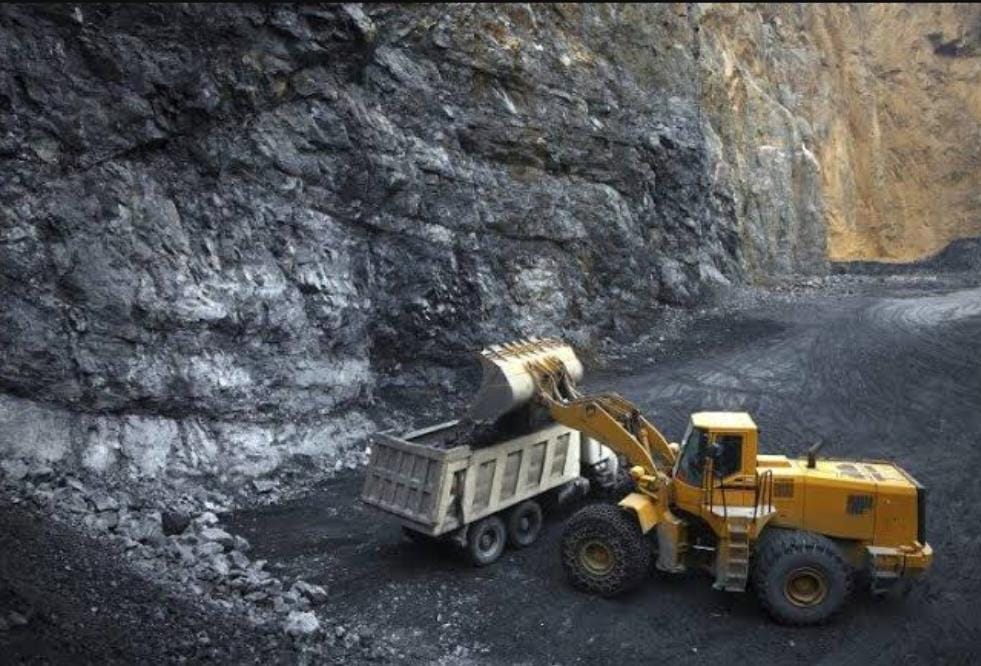
The Government of India has confirmed the discovery of significant lithium and titanium deposits in the Salal-Haimana area of Jammu Kashmir’s Reasi district.
These findings emerged during preliminary bauxite explorations conducted by the Geological Survey of India (GSI).
The mineral samples have been submitted to the Indian Bureau of Mines and the Institute of Minerals and Materials Technology for further studies to evaluate their potential.
In a response during Parliament’s question hour, the government revealed plans to intensify exploration in Reasi district. Two new preliminary lithium exploration projects are scheduled for the Salal East and Panasa areas in the 2024-25 field season.
Recognizing the growing global demand for lithium, essential for electric vehicle batteries and renewable energy storage, the Ministry of Mines has introduced reforms to reduce dependence on imports.
The MMDR Amendment Act, 2023, now includes 24 critical minerals, such as lithium, in the First Schedule of the Mines and Minerals (Development and Regulation) Act, 1957. This allows the Central Government to exclusively auction mining rights for these minerals, streamlining resource development.
As part of these efforts, the government has auctioned the Katghora block in Chhattisgarh, known for its lithium and rare earth elements. Additionally, a joint venture company, Khanij Bidesh India Limited (KABIL), has been established to acquire critical mineral assets overseas.
KABIL has secured a 15,703-hectare area in Argentina’s Catamarca province for lithium exploration and mining, ensuring a steady supply of this strategic resource for India.
India’s concerted push to harness domestic and international mineral resources underscores its focus on self-reliance and sustainability in the energy and technology sectors.
